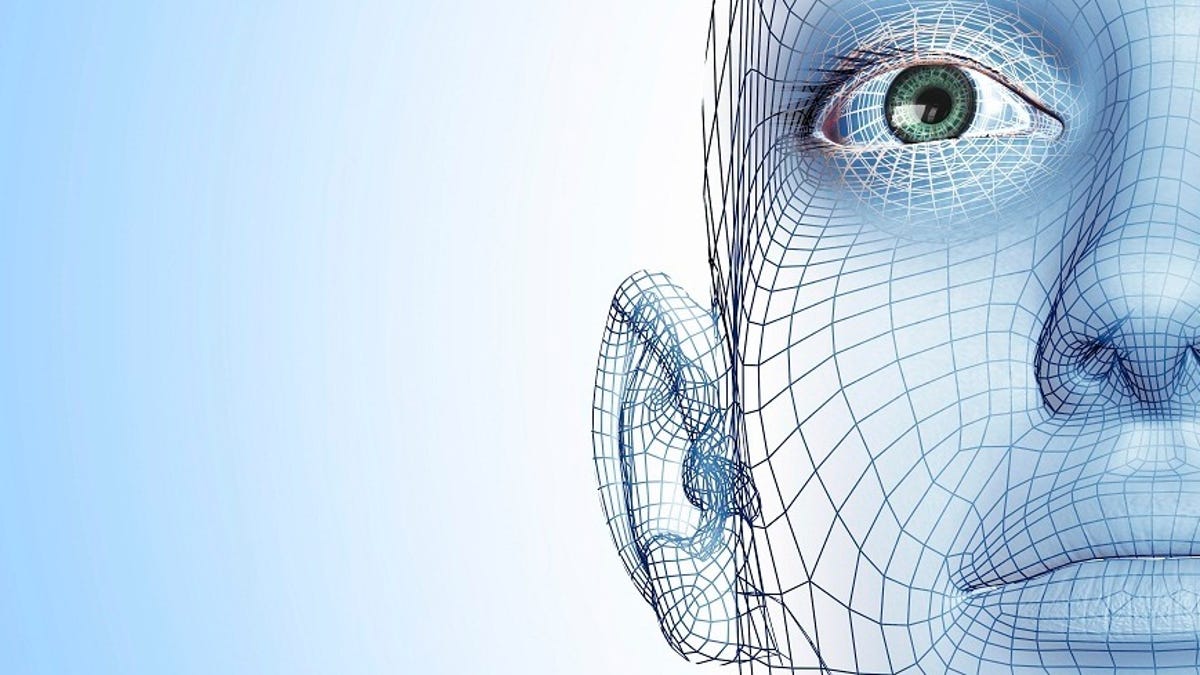Are you a VIP? This facial recognition tech knows it
New NEC software can identify celebrities and other glam customers in real time, sending an alert to retail or hospitality staff that someone is in immediate need of doting service.

What retailer wouldn't be thrilled to have a big spender walk through the door itching to drop a few hundred thousand dollars?
A new facial recognition technology from NEC identifies VIPs so shopping clerks can ditch regular folk like you and me and swarm to the potentially big-ticket buyers.
The company's VIP Identification software monitors data from real-time closed-circuit TVs or surveillance cameras, matching images against a business' VIP guest database. If it spots a match, an alert, mobile or otherwise, can be sent to retail or hospitality personnel.
The matching process can take less than a second, meaning Donald Trump will barely have a chance to get past a store's humanoid robot greeter before receiving immediate doting service.
The tech, which builds on NEC's existing NeoFace Watch security product, is being tested in about a dozen exclusive stores and hotels in Britain, America, and the Far East, says the company, though it declines to name the businesses participating in the trial.
"Being able to identify VIP guests immediately could enable the front desk staff to have room information pulled up before the guest steps up to the registration desk and be able to greet the guest by name," Raffie Beroukhim, vice president of biometrics solutions for NEC Corporation of America, said in a statement. "Overall, this capability helps enhance a VIP guest's experience through personalization of services and increases customer satisfaction with the property."
Facial recognition already intersects with marketing in a number of "Minority Report"-style ways. Billboards can detect the gender and age of onlookers and display appropriate ads, while next-generation vending machines can serve up product suggestions based on similar data.
NEC itself recently demonstrated a system that captures visitor data such as gender and age that hotel marketers can use to deliver targeted content to specific guests at specific times.
These technologies, however, have cameras that use facial-recognition algorithms to match customers' faces to a database of people types. The VIP Identification database -- much like Facedeals, an app that scans your face in exchange for personalized offers and discounts -- can get far more specific, identifying not just a person type, but an actual person who stars in a television series and makes millions per year.
Sorry, that disguise won't work
As demonstrated recently at London's Counter Terror Expo, NEC's VIP Identification software still works when people wear hats, scarves, and sunglasses (no word on whether it can bypass these privacy specs meant to screw with biometrics). "Essentially, if a human can identify a face, our system can also do so -- but it never gets tired or bored," Allen Ganz, an NEC account development manager, tells Crave.
And what if someone doesn't want to be recognized? Facial recognition, which is becoming ever more pervasive in public, has spawned plenty of privacy concerns. But the NEC system -- which the company calls an extension of business' existing customer loyalty programs -- only identifies those who want to be spotted.
"Customers choose to be part of the program," Ganz says. "They are opting in. If they have not opted in, they will not be identified."
Will non-VIP service suffer?
But could such a system disproportionately tip retail employees' attention away from the non-VIP crowd? Margaret Hefferman, writing for our CNET sister site CBS MoneyWatch, thinks so:
I can see that it helps to identify existing high rollers, but what it can't do is pinpoint the individuals who may, one day, be your biggest buyers and evangelists. If you decide to provide one class of service to the big spenders and treat the rest with indifference, you will actively discourage the very people who might who might one day be your biggest supporters.
What do you think? Would you opt in to a business' facial recognition system if it might mean better service?

